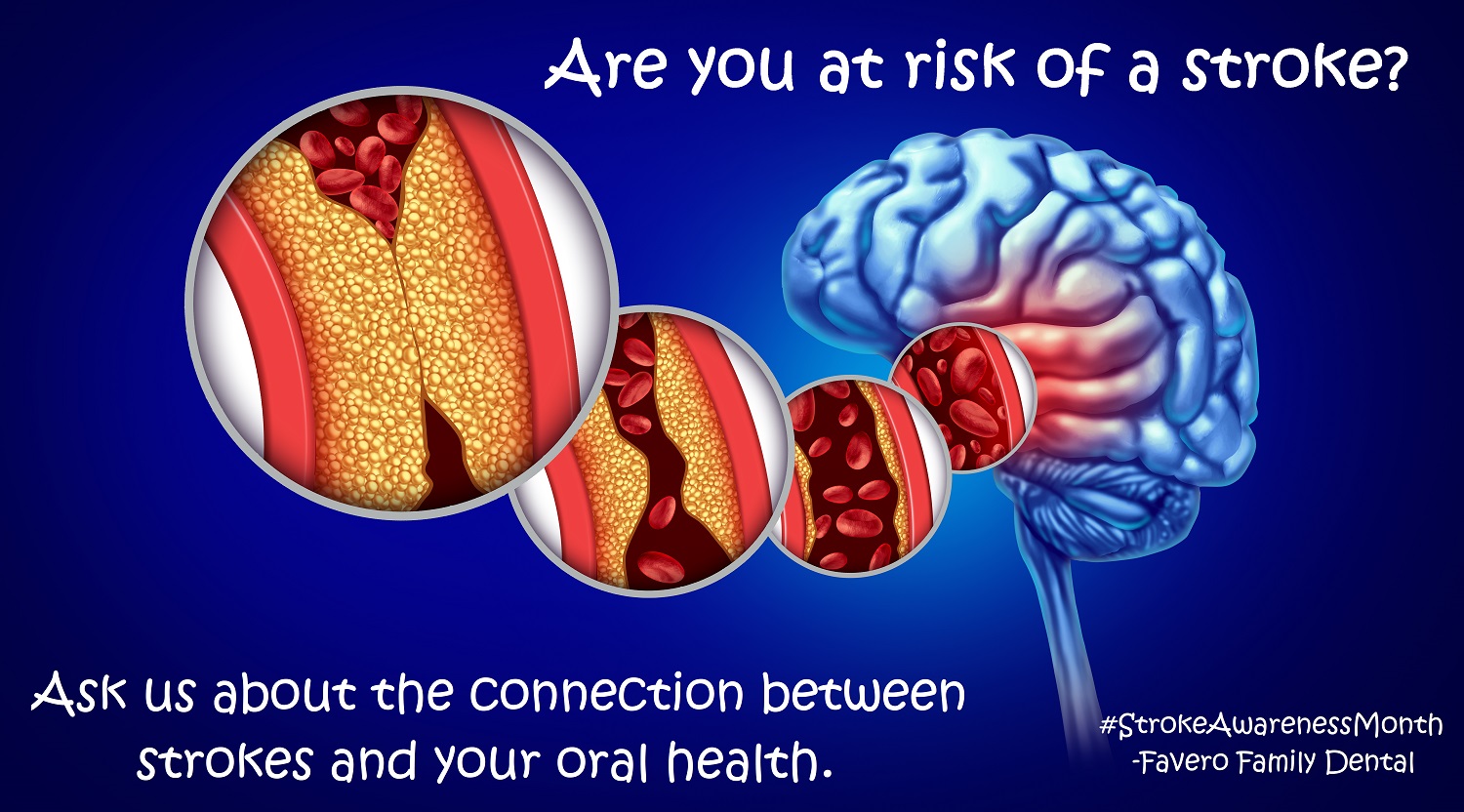
What is a stroke?
A stroke is a condition where the blood flow to the brain is blocked or there is a sudden bleeding in the brain. There are two types of strokes: ischemic and hemorrhagic.
Ischemic strokes occur when the blood flow to the brain is blocked and it cannot get oxygen and nutrients from the blood. Without oxygen and nutrients, brain cells begin to die.
Hemorrhagic strokes are caused when sudden bleeding puts pressure on brain cells, damaging them.
Just under 90% of strokes involve blocked blood vessels (ischemic).
A stroke is a medical emergency. A stroke can cause lasting brain damage, long-term disability, or even death. Signs of a stroke can range from mild weakness to paralysis or numbness on one side of the face or body. Other signs may include a sudden and severe headache, sudden weakness, trouble seeing, and trouble speaking or understanding speech.
According to the World Stroke Organization (WSO), more than 13 million people suffer from strokes each year. Surprisingly, up to 90% of these cases could be prevented by making lifestyle changes such as adopting a healthier diet, increasing regular exercise, quitting smoking and improving oral hygiene.
What is the connection between strokes and your oral health?
At first glance, oral health and strokes may seem unrelated, but research has shown a strong connection between the two. Gum disease is a common oral health problem affecting nearly 50% of American adults over the age of 30. Gum disease is caused by a build-up of plaque on the teeth. Plaque is a sticky substance that contains bacteria. Some bacteria in plaque are harmless, but some are harmful for the health of your gums. If you don’t remove plaque from your teeth by brushing them, it builds up and irritates your gums.
Some of the symptoms of gum disease include reddish gums, swollen gums, loosening teeth, and bleeding gums. Although gum disease can be treated, it is always best to prevent gum disease in the first place with proper oral hygiene and regular dental check-ups.
The effects of having active and untreated gum disease lead to a higher risk of stroke.
As oral bacteria responsible for gum disease enters your bloodstream it may cause inflammation of the blood vessels, which makes you more prone to blood clots. Blood clots could then block the flow of blood to the brain increasing the risk of stroke.
What are some possible oral complications of a stroke?
- Changes to Taste and Saliva Flow Many stroke patients experience changes in taste and saliva flow due to damage to the sensory neurons in their brains. They may find that food tastes different or that they have a dry mouth, leading to difficulty eating and drinking. A dry mouth can also increase the risk of cavities and gum disease since saliva helps to wash away bacteria and demineralize tooth enamel.
- Tongue Protrusion Some stroke patients may experience tongue protrusion, where the tongue sticks out of the mouth involuntarily. This can cause the tongue to become dry and irritated, leading to infections and other oral health problems, such as thrush.
- Facial Paralysis and Tooth Decay Facial paralysis (palsy) is a common complication of stroke, which can cause difficulty with speaking, eating and drinking. Low cheek and mouth muscle tone due to palsy can cause food debris to build up in cheek pockets, leading to tooth decay. This can be exacerbated because patients may have difficulty brushing or flossing, causing excessive bacteria and plaque buildup. Patients with facial paralysis may also experience excessive tooth enamel wear and tear on the affected side of their face, increasing the risk of cavities.
- Denture Wear Dentures can become loose or ill-fitting after a stroke. This can cause irritation and inflammation of the gums, leading to further oral health problems. It is vital to have dentures adjusted or replaced as needed to maintain good oral health.
Tips for Caregivers
- Allow the person you’re caring for to choose the place and time for oral care to boost cooperation.
- Praise the person to encourage independence in oral hygiene.
- If the person is having trouble with swallowing, use a small amount of tooth paste.
- Towel or swab the mouth if brushing is not possible.
- Use a tongue cleaner to remove bacteria and food particles,
Leave a reply →
